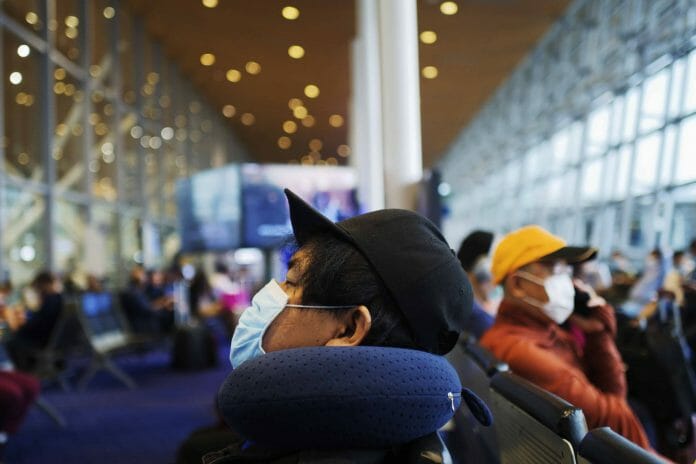With the coronavirus sweeping across the world, over 182 million recorded cases, the World Health Organization (WHO) recently declared the Covid-19 as a pandemic.
As of today, Malaysia recorded its first two* fatalities and 790* Covid-19 cases, placing our nation as the highest country in Southeast Asia.
The government has since enforced a nationwide movement control order beginning March 18th until 31st March 2020 to contain the Covid-19 outbreak.
The intensity and devastating impact of the pandemic can be worrying.
Globally, precautions need to be put in place to stop its spread, at the same time minimising the adverse effect on our economic productivity and quality of life.
Hence, how can innovation and technology help us better manage and mitigate the spread of the disease?
Providing real-time updates and battling fake news
A platform to access credible health updates and medical information is critical.
In January, a Malaysian data engineer and a data scientist launched CoronaTracker (www.coronatracker.com), an information portal that gathers the latest information, data and statistics about the Covid-19.
This open-source is available on the Google Play Store, making it accessible for anyone, anywhere for free.
In the same vein, the Malaysian Communications and Multimedia Commission (MCMC) set up an official Telegram channel for its Sebenarnya.my, to curb the spread of fake news on social media.
This is in addition to the channel created for the National Crisis Preparedness and Response Centre (CPRC), accessible at https://t.me/cprckkm to relay news, announcements, reminders that have been verified by the MOH to the public.
Empowering citizens to dine and shop – virtually
The movement control order has not stopped people to find a semblance of normal life.
For Malaysians, the movement control order will likely see an increasing reliance on food delivery services like Food Panda and Grab Food, and greater service adoption by restaurants and food vendors alike.
For groceries and everyday needs, people are also turning to online marketplaces like Lazada, Shopee and Tesco online to reduce unnecessary travels.
Delivering comprehensive support to medical front-liners
In neighbouring Singapore, Grab has introduced a new round-the-clock, on-demand service for medical workers who may face difficulty in getting rides due to the outbreak fear.
GrabCare, the ride service within the Grab app lets them travel to and from hospitals seamlessly with around 2,000 Grab driver-partners already signed up for the service.
Enabling remote work and online education
UNESCO estimated that nearly 300 million children will be affected globally by school closures, over 50 million students from more than 300 Chinese cities participated in the Online Classroom Program when schools reopen after the prolonged Spring Festival holiday.
Initiated by DingTalk and Youku, it allowed more than 600,000 teachers to deliver their lessons via live streaming.
As new technologies emerge to combat the spread of the disease and empowering people to fight on, we are certainly seeing a new dawn for technology and how it is redefining the way people around the globe live, learn and work.
*as of 18 March 2020









